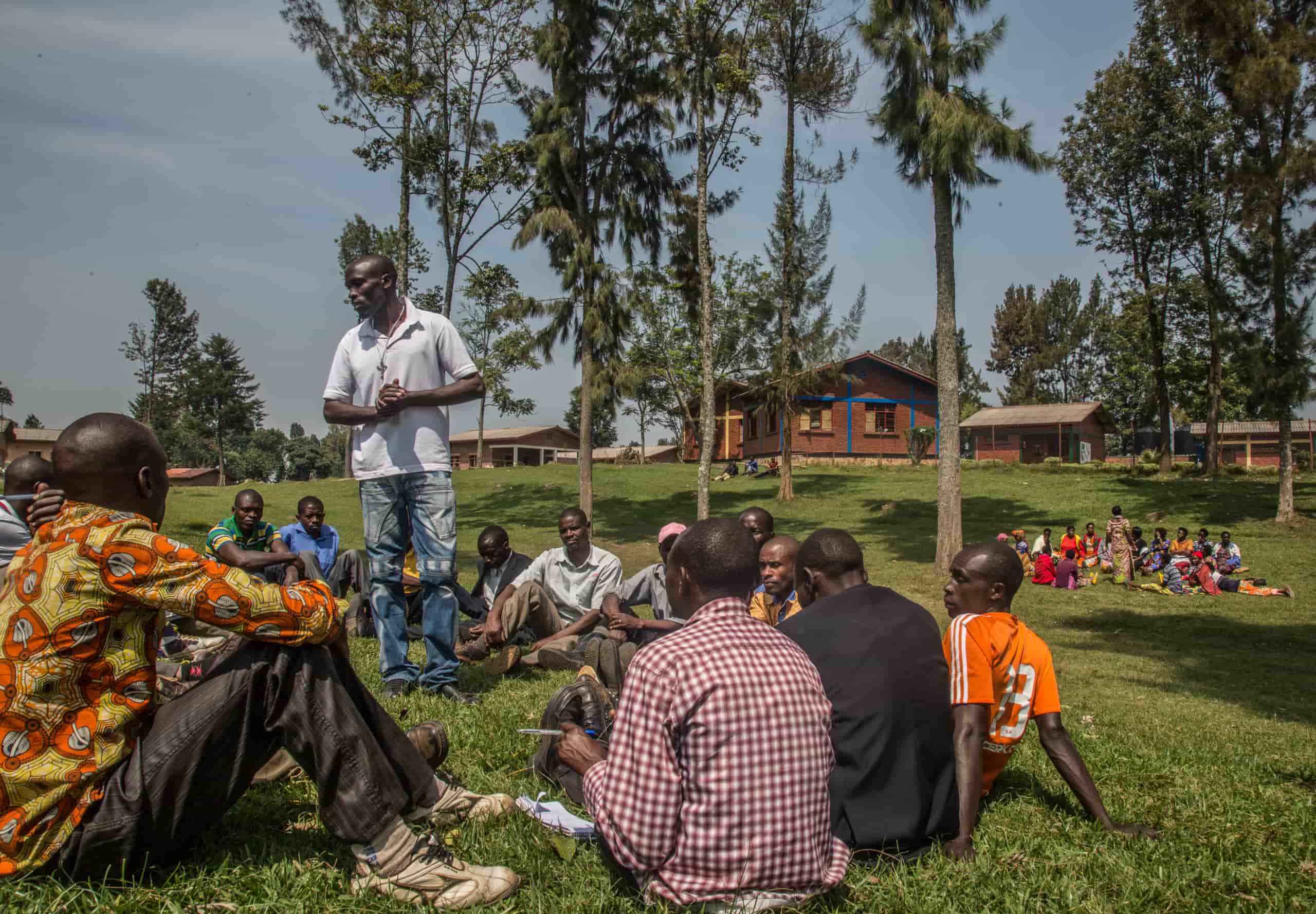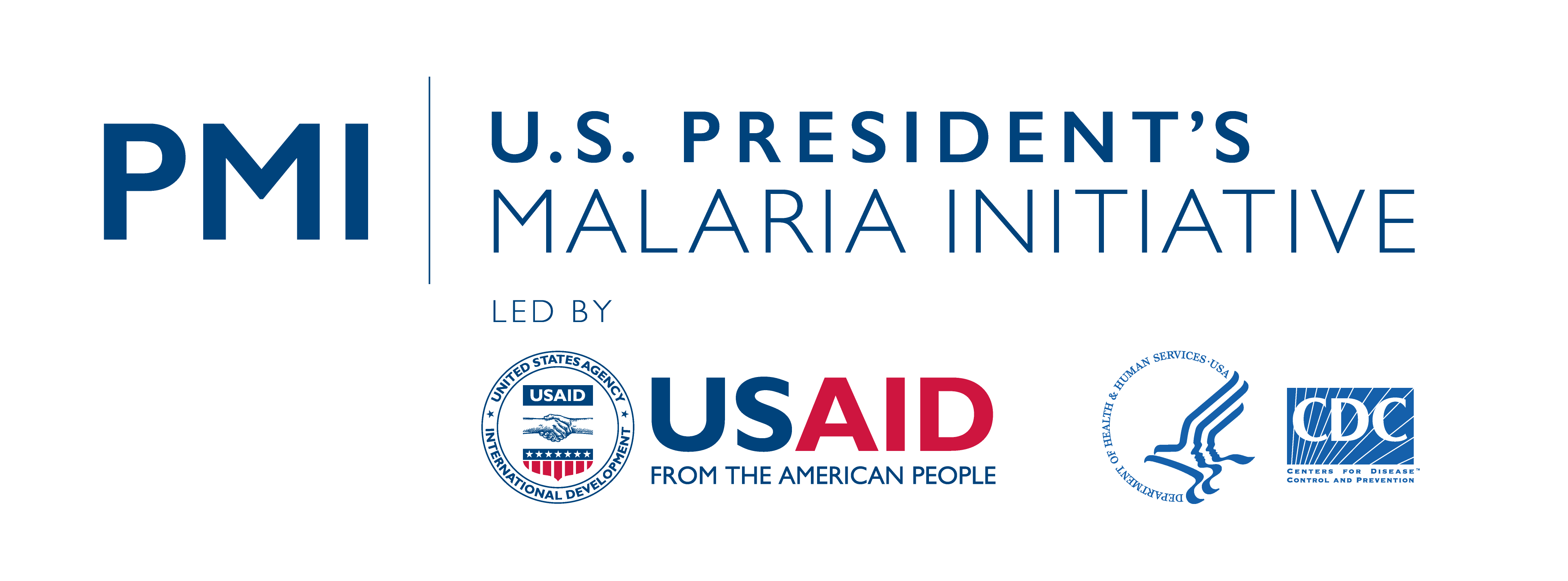Contexte national et communautaire
Before introducing malaria social and behavior change into your work, understanding the context of malaria in your country is important for helping you learn about why certain resources are or are not available in your community.
The malaria ecosystem of most countries consists of a National Malaria Control Program (called different names such as National Malaria Elimination Program or National Malaria Control Center), which answers to the Ministry of Health. The National Malaria Control Programs are responsible for coordinating all malaria activities, donors, plans, data collection, strategies, and partners. Besides this national-level oversight, most malaria-endemic countries have malaria focal people at the zonal, regional, district/county, and local levels. These malaria focal people often work within the government and are responsible for tracking malaria activities, responding locally to commodity or other problems, solving bottlenecks, and representing their area to the government where malaria issues are concerned.
Any health facility person in charge should be able to tell you who the local malaria control authority is for your area. Contacting this person will benefit both you and them. They can introduce you to others doing malaria work. They can also include your activities in their routine reporting of malaria activities in their areas.

Since the impact of malaria extends far beyond individual health, malaria stakeholders include, but are not limited to, Ministries of Education, Agriculture, Finance, Women and Children/Social Work; the private sector; and the tourism sector. Ensuring collaboration and information sharing across all malaria ecosystem levels in a country ensures the best results. Other important stakeholders in the malaria ecosystem are:
- Health Leaders: Health leaders are people connected to the health system who may see the effects of malaria on the community regularly. They may influence community perceptions of malaria and be key actors in malaria prevention and treatment. They may also have key information on the malaria interventions that are planned in your area, and how malaria spreads and impacts your specific community.
- Examples of health leaders: People in charge of and staff working at local health facilities, community health workers, local malaria organizations, traditional healers, midwives, and village health committees.
- Community Leaders: Community leaders are people who are engaged in community health initiatives. These people may or may not already work on malaria prevention and control efforts in local communities. These may also be leaders that are connected to your organization at the community-level. Community leaders can often connect with the people most affected by malaria and describe the unique challenges in their specific context.
- Examples of community leaders: Chiefs, traditional leaders, local elected officials.
- Opinion Leaders: Opinion leaders are individuals who may hold sway or be looked up to in a community.
- Examples of Opinion Leaders: Religious leaders, popular people in the community, culturally important people, journalists, artists, politicians, educators.


